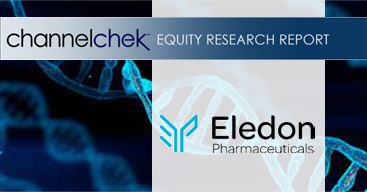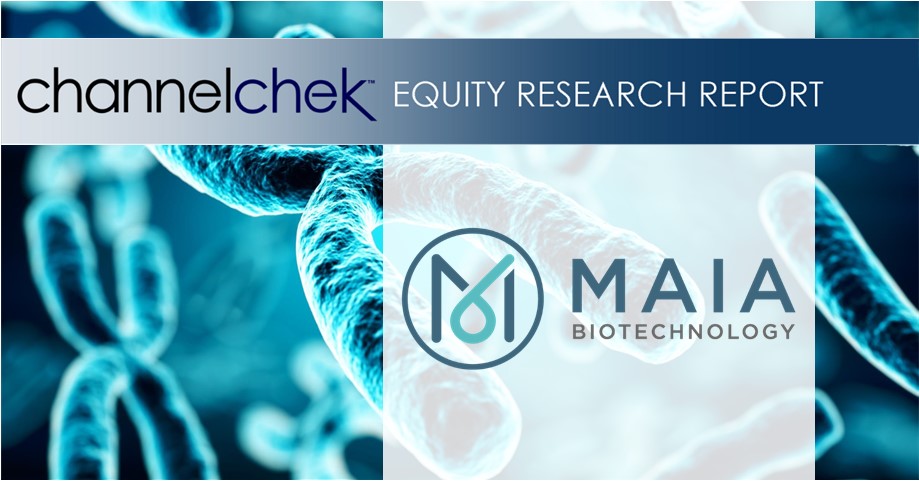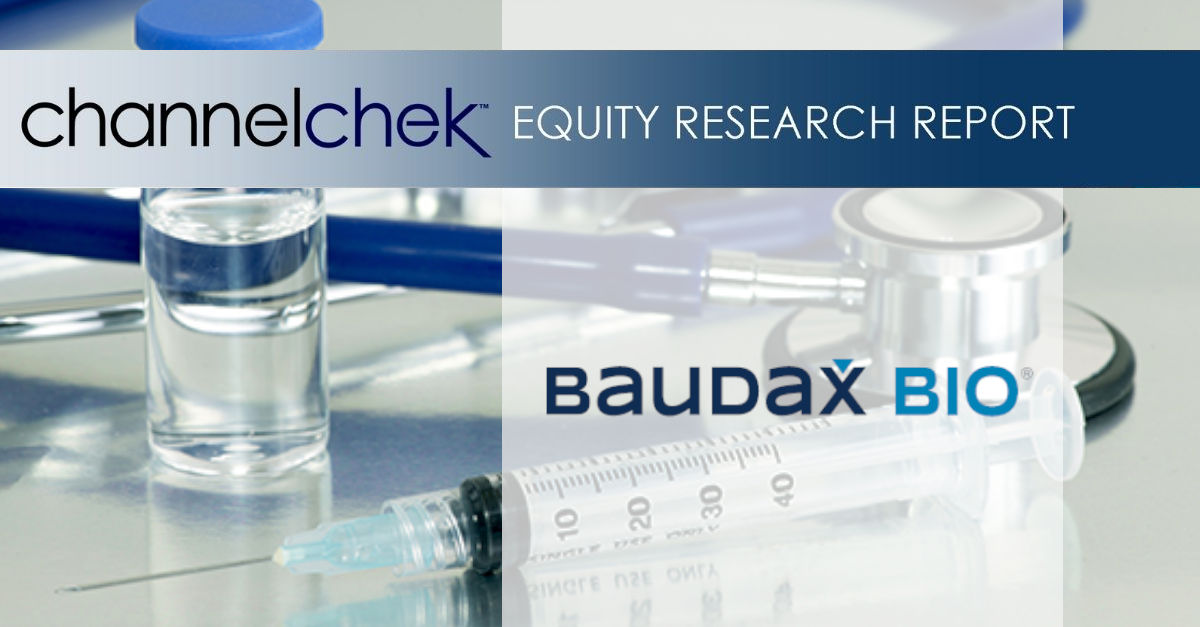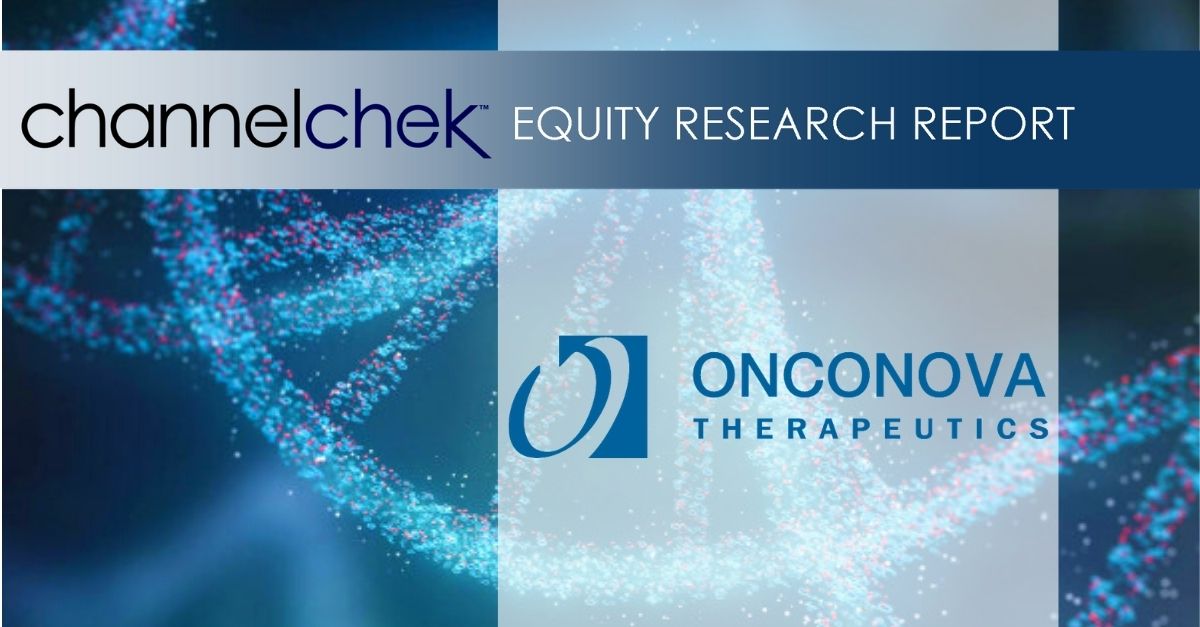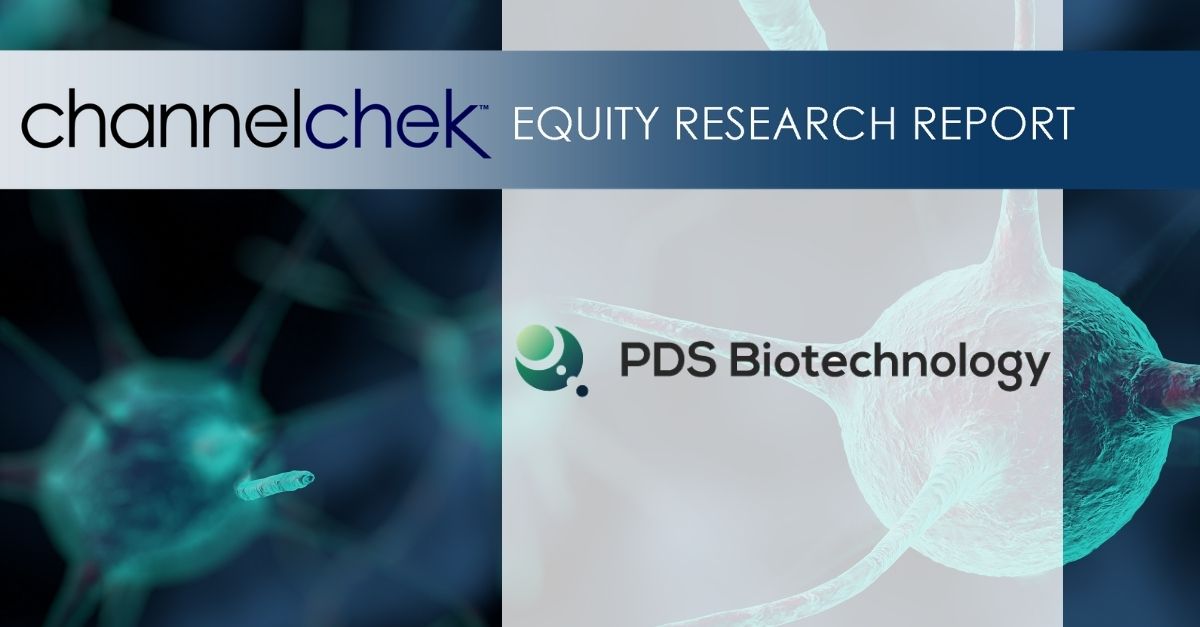Harmony Biosciences aims to expand its pipeline into rare neuropsychiatric disorders through the acquisition of Zynerba Pharmaceuticals and its innovative cannabinoid gel technology.
Harmony, known for its narcolepsy drug Wakix, announced Monday that it will acquire Zynerba in a deal worth up to $200 million. The buyout provides Harmony with Zynerba’s lead asset, Zygel, a synthetic cannabidiol gel in mid-stage trials for Fragile X syndrome and 22q11.2 deletion syndrome.
Zygel could become the first FDA-approved drug for managing Fragile X if it succeeds in pivotal trials. Harmony sees the drug as a way to expand beyond sleep disorders while tackling high unmet needs in orphan neuropsychiatric conditions.
Fragile X affects 80,000 in the U.S., causing intellectual disability and behavioral challenges. Zynerba’s focus aligns with Harmony’s mission in rare neurological diseases, said Harmony CEO Jeffrey Dayno, M.D. in Monday’s announcement.
“With Harmony’s scale, resources and proven commercial excellence, they are well positioned to potentially bring to market the first pharmaceutical product indicated for the treatment of behavioral symptoms of Fragile X syndrome and to maximize the value of Zygel,” added Zynerba Chairman and CEO Armando Anido.
No FDA-Approved Options Today
Fragile X syndrome stems from mutations in the FMR1 gene which codes for FMRP, a protein vital for synaptic function and neural connections. The lack of FMRP causes cognitive impairments. Around 60% of Fragile X patients don’t produce any FMRP due to methylation.
While Fragile X affects tens of thousands in the U.S. alone, there are no FDA-approved treatments. Patients rely on behavioral interventions and off-label drug use.
Zynerba’s Zygel aims to modulate the endocannabinoid system impacted by the loss of FMRP. The gel contains synthetic cannabidiol, absorbing through the skin to avoid first-pass metabolism.
Zygel already secured FDA orphan drug status for both Fragile X and 22q deletion syndrome. It also won Fast Track designation for Fragile X.
Now in pivotal Phase 3 trials, Zygel showed positive Phase 2 data in both indications. Harmony believes the drug can help patients manage behavioral symptoms if approved.
Betting Up to $200M on Approval
Under the acquisition terms, Harmony will pay $60 million upfront for Zynerba’s shares, or $1.1059 per share in cash. Zynerba shareholders will also receive one contingent value right (CVR) worth up to $2.5444 per share more.
The CVR payments depend on Zygel hitting clinical, regulatory and sales milestones:
- $15M for completing Phase 3 Fragile X trial
- Up to $30M for Phase 3 data (timing-based)
- $35M for FDA approval in Fragile X
- $15M for approval in a second indication
- Up to $45M for reaching sales milestones
Altogether, the deal is valued at up to $200 million if Zygel secures FDA approval and reaches peak sales targets. Harmony expects the buyout to close in Q4 2023.
“Innovative potential new therapeutic option for rare/orphan neuropsychiatric disorders with high unmet medical needs,” said Harmony CEO Dayno.
Doubling Down on Rare Diseases
The acquisition aligns with Harmony’s focus on innovative treatments for overlooked neurological diseases. Zynerba’s work in underserved neuropsychiatric disorders complements Harmony’s leading drug in narcolepsy.
Harmony markets Wakix, a first-in-class H3 receptor antagonist that hit $230 million in net sales over the twelve months ending June 30, 2022. But the company sees untapped growth opportunities in adjacent rare diseases.
The Zynerba deal provides pipeline diversification into high-value orphan drug development. Harmony now has new opportunities in gene mutation disorders like Fragile X and 22q deletion syndrome.
With a profitable commercial engine already built, Harmony is betting its expertise and $430 million cash position can maximize Zygel’s impact if approved. The company sees Zynerba’s cannabinoid therapy as both a strategic fit and a long-term growth driver if milestones are met.
For shareholders, the buyout provides Harmony an approved orphan drug asset with potential peak sales upside. And for patients, it brings hope for the first therapy to address Fragile X symptoms.

